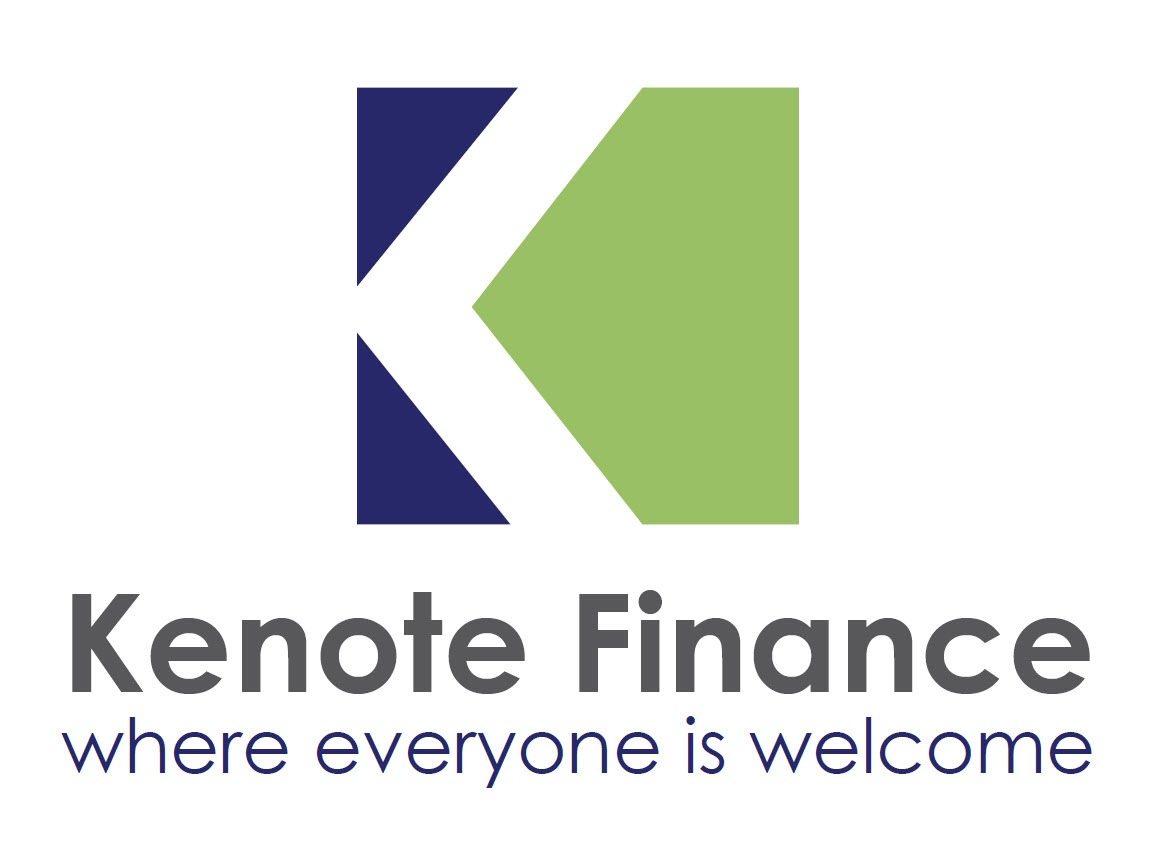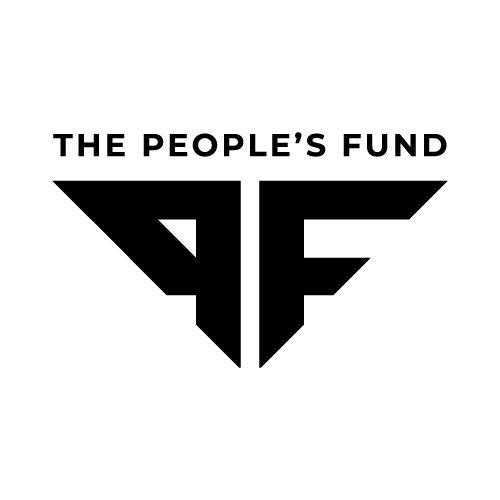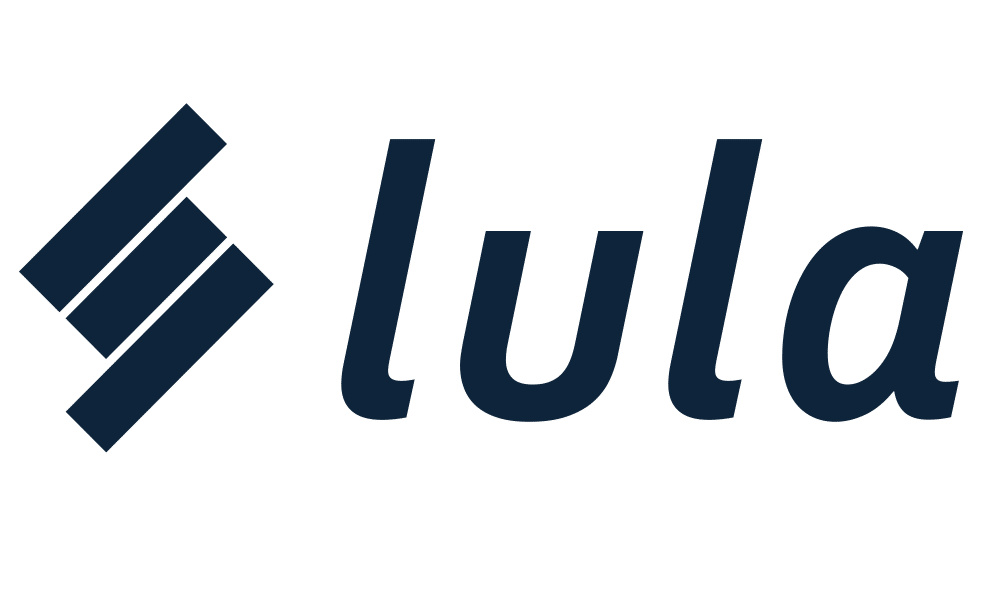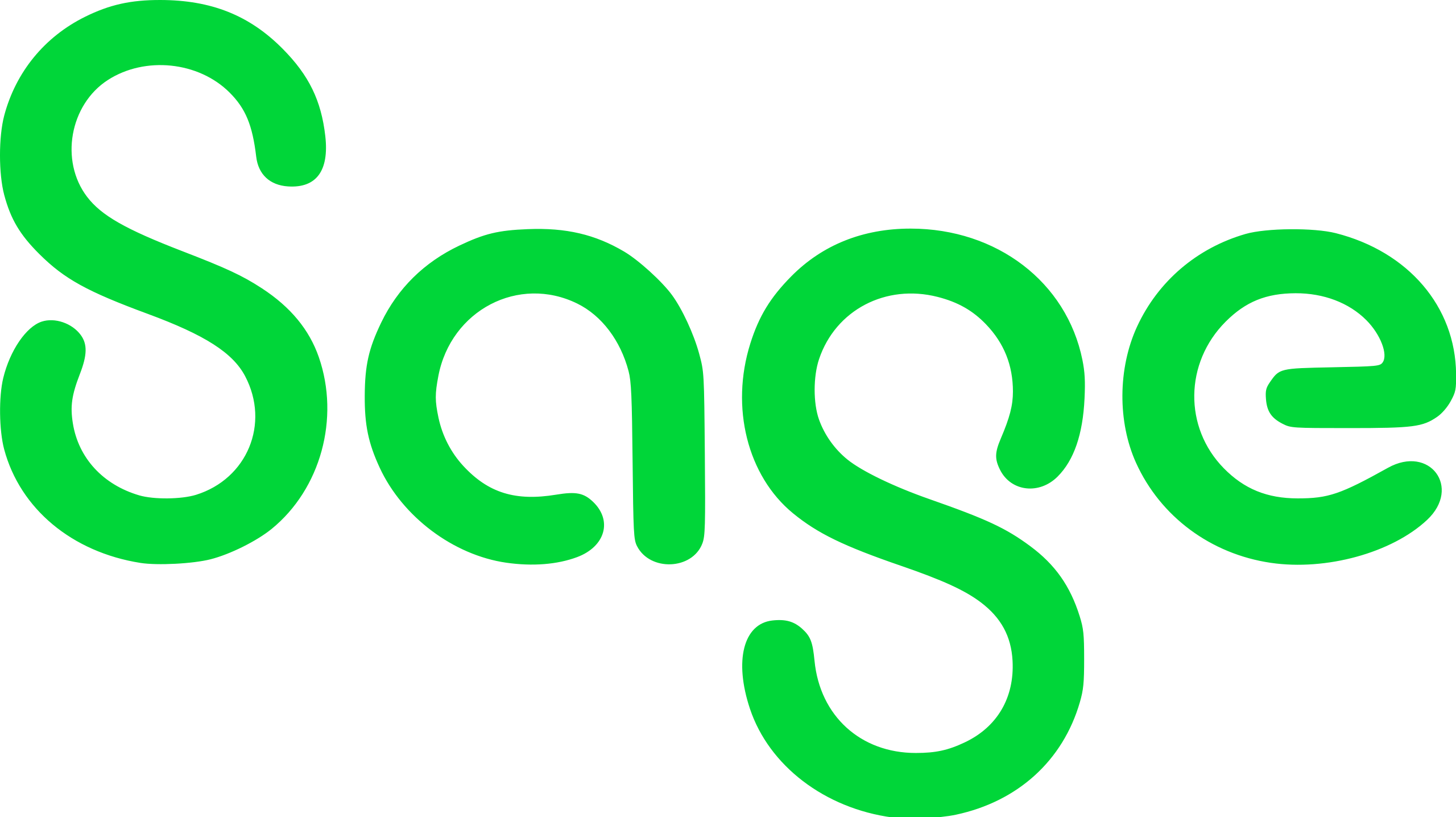Main Features
Convenience
You can apply for purchase order funding online. Lenders require finance seekers to apply online, fill in a form and a sales representative of their company will contact you. Some even offer to communicate with you via WhatsApp. You will be required to send documentation, but you don’t have to do any credit checks or do an affordability assessment.
Transparency
Each lender has specific conditions, which include that your purchase order must not be lower than a particular amount (for example the purchase order must be a minimum of R200,000). Each lender will inform you that they only work with businesses that have a purchase order of a certain percentage of the gross profit margin (example: gross profit margin must be more than 20%). You can get information upfront on how much the deal will cost you, including how much of the purchase order deal you will have to share with the lender.
Type of loan
This is a working capital loan whereby you ask a financier for a large amount of money. The amount of the purchase order can vary from R50,000 up to R2-million (depending on how big the purchase order is).
Application process
You will be required to apply online. Lenders require information such as your company name, company director’s full names, the debtor’s name, the value of the purchase order (including the VAT), and the supplier cost/ the invoice amount.
The documentation you need to apply for purchase order funding includes company registration documents; VAT certificate (if applicable); purchase order; supplier invoice; and the last three month’s bank statements.
Depending on the lender, if your application is successful, you can get funding within 48 hours or 72 hours. Once approved, the lender will pay the suppliers directly whether cash or a letter of credit.
Qualifying criteria
To get a loan for a purchase order, your business needs to be distributors, outsourcers, resellers, wholesalers, businesses with heavily seasonal sales patterns, and businesses with tight cash flow and a need to purchase materials before fulfilling orders
Many lenders require that you have a trading history of at least 12 months, generate a certain amount in revenue per year (example: expecting to generate a minimum revenue of R1-million annually).
The lenders will also look at the creditworthiness of your customer. Some lenders have a preferred customer list; these are customers that they have worked with before and deem as reputable. This means that if your customer’s name is not on the list of a lender, they might not approve your funding application.
Another requirement is that the delivery date of your purchase order must be reasonable; many lenders request that your purchase order be completed within 60 days.
Repayment terms
The gross profit margin must be above a certain percentage (for example a minimum of 20% of the gross profit) on the purchase order, or else the application will be rejected.
While there is no interest charged on the loan, a flat fee will be charged to facilitate the capital to complete the purchase order. If the supplier is not VAT registered, the VAT costs will be on you. Other costs include the supplier VAT cost transfer.




